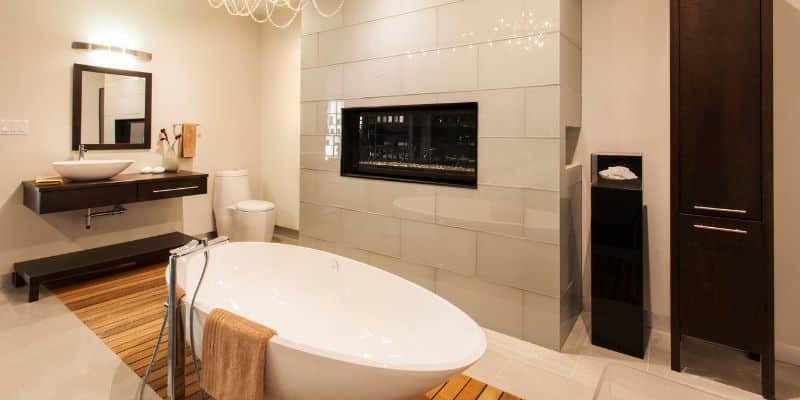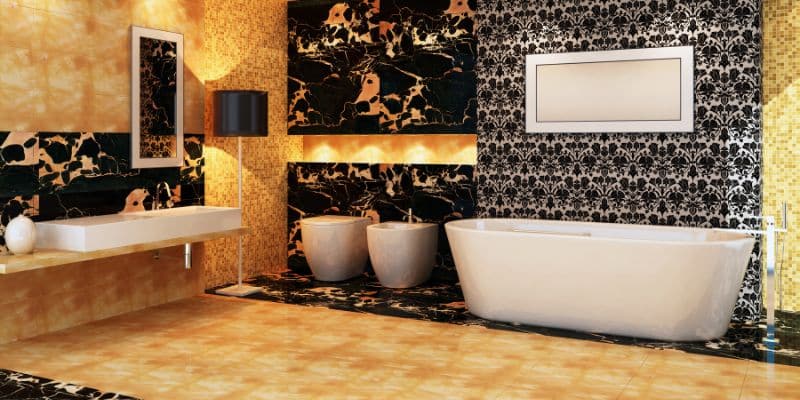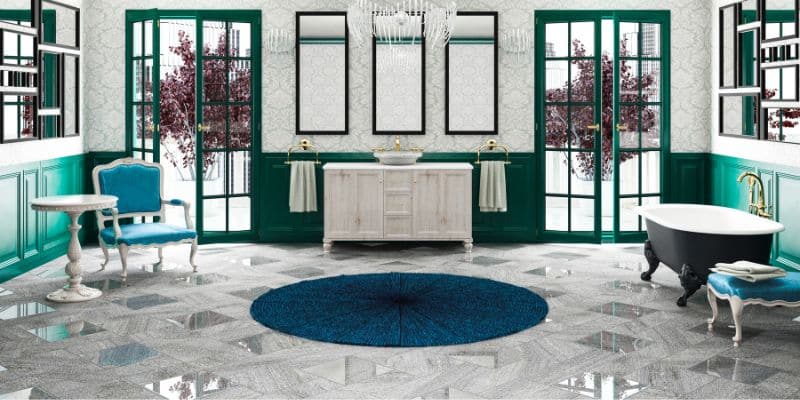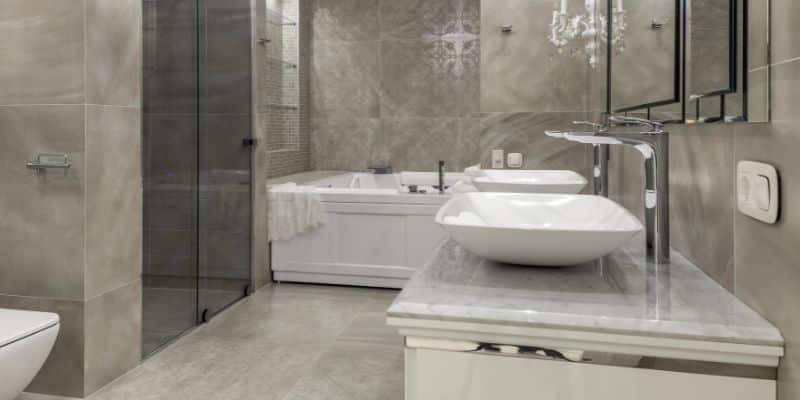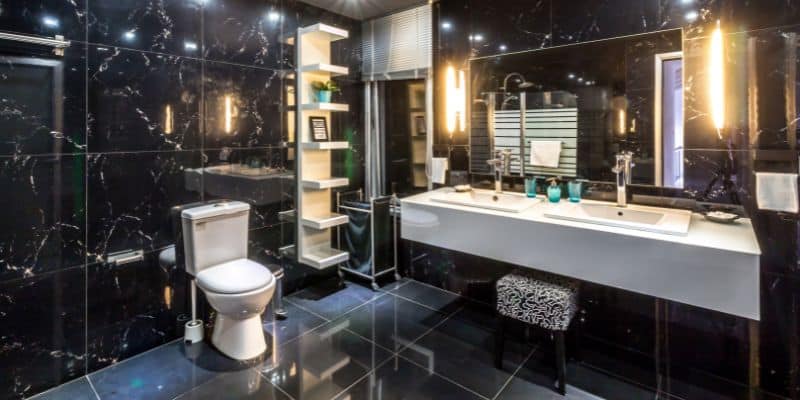A builder, a tiler, an electrician, and a plumber are all engaged in bathroom installation. You may also require the services of a plasterer or decorator. Some builders can do all of the work necessary for a bathroom installation. If you employ a builder to oversee and project manage your bathroom renovation, they may also recruit and coordinate the craftsmen.
Your path should take into account a number of aspects, including your budget, your DIY abilities, the timeframe you’re working with, the amount of work likely to be required in your bathroom installation, and the style of bathroom fittings you’ve chosen.
There are several common scenarios where using a builder to manage your bathroom renovation is the right approach, including:
- Installing a whole new bathroom from the ground up This is frequently the case with bigger remodelling projects, where new bathrooms are installed within an expansion or bathrooms are made from rooms that were previously used for anything else.
- When party walls (walls shared by you and your neighbour) are in risk of being damaged,
- When interior walls must be built or removed, this is especially true if the walls are structural in nature (load-bearing).
- When new fixtures need the reinforcement of old floors—a typical problem when installing new, luxurious bathtubs.
- for the construction of a wet room, which involves structural calculations, waterproofing, and drainage difficulties.
- A builder can manage the job for you if you opt to acquire all fixtures and fittings from multiple vendors rather than using an in-house supply-and-fit service from a bathroom expert.
- Approval or conformity with building rules (sometimes known as building regs) is necessary.
- When choosing fixtures and fittings that require expert installation, such as heavy, large-format stone tile or wall-hung sanitaryware, consider the following factors.
- Using a builder to oversee the entire job means you have an expert on hand who can utilise their own team of trusted craftsmen if you are unable to manage the bathroom fitting project yourself (maybe due to time restrictions). This choice allows you to delegate most of the organisational tasks to someone else, and many builders are proficient in all elements of bathroom construction, including tiling, plumbing, and electrical work, so you won’t have to hire different professions.

